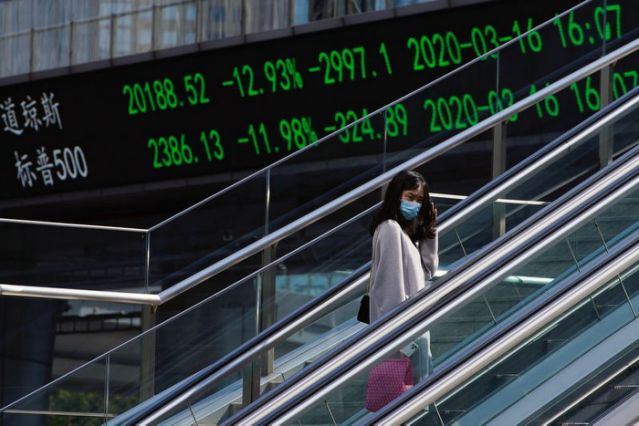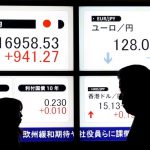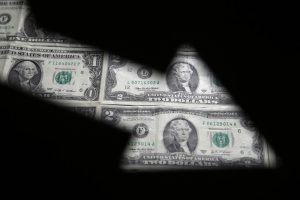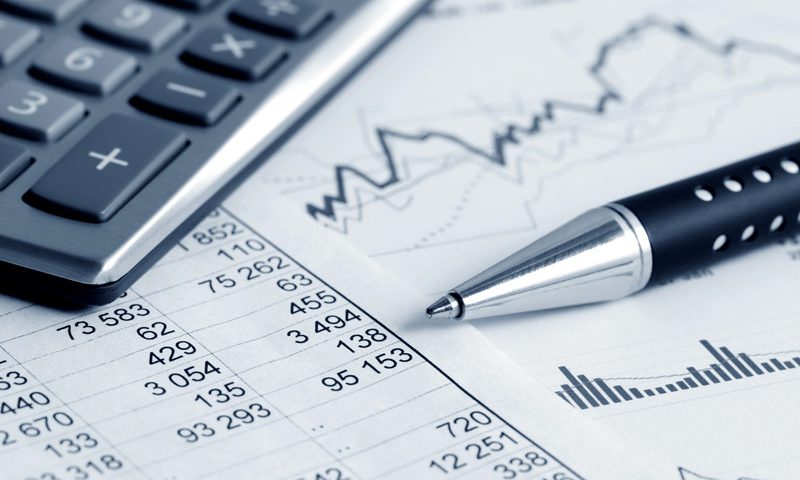Asian shares step back, oil rebounds in volatile trade

By Administrator_India
Asian stocks stepped back on Wednesday after two sessions of sharp gains as investors turned wary on getting too optimistic about the coronavirus while death tolls were still mounting across the globe.
Not helping sentiment was wild volatility in the oil market, where prices rebounded in early Asia after sliding on Tuesday leaving traders dizzy.
U.S. crude futures jumped 5.4% to $24.92 a barrel, having shed 9.4% the session before, while Brent crude added 74 cents to $32.61.
The erratic action spilled over into equities with MSCI’s broadest index of Asia-Pacific shares outside Japan losing 0.5%.
Japan’s Nikkei dropped 0.7% and South Korea 0.8%. E-Mini futures for the S&P 500 shed early gains to turn 0.7% lower as investors took profits on the recent spike.
“There is reason to be cautious as this looked to be a relief rally ahead of next week’s start of Q1 earning season and before data reveals the depth of the virus impact,” analysts said.
“Data shows the recent move higher has been accompanied by short covering and de-risking rather than active risk taking on the long side.”
The S&P 500 had ended Tuesday down 0.16%, having been up as much as 3.5% at one stage. The Nasdaq dropped 0.33% and the Dow 0.12%.
After U.S. stock markets closed, President Donald Trump said the United States may be getting to the top of the coronavirus curve.
The Trump administration asked Congress for an additional $250 billion in emergency economic aid for small U.S. businesses reeling from the pandemic.
“While the virus’ ‘curve is flattening’, the economic effects of the corona crisis will linger for years in our view,” Commonwealth Bank of Australia economist Joseph Capurso said in a note.
“Economies will take time to re‑open, some businesses will not re‑open, and unemployment will take years to return to levels reported at the end of 2019.”
Ratings agency S&P Global on Wednesday warned the cost of combating the virus would weigh heavily on Australia’s finances and changed the outlook for the country’s rating to negative.
That knocked the Aussie dollar down 0.6% to $0.6191 and hit risk sentiment generally. The U.S. dollar eased 0.1% on the safe-haven yen to 108.60, while the euro dipped to $1.0877.






